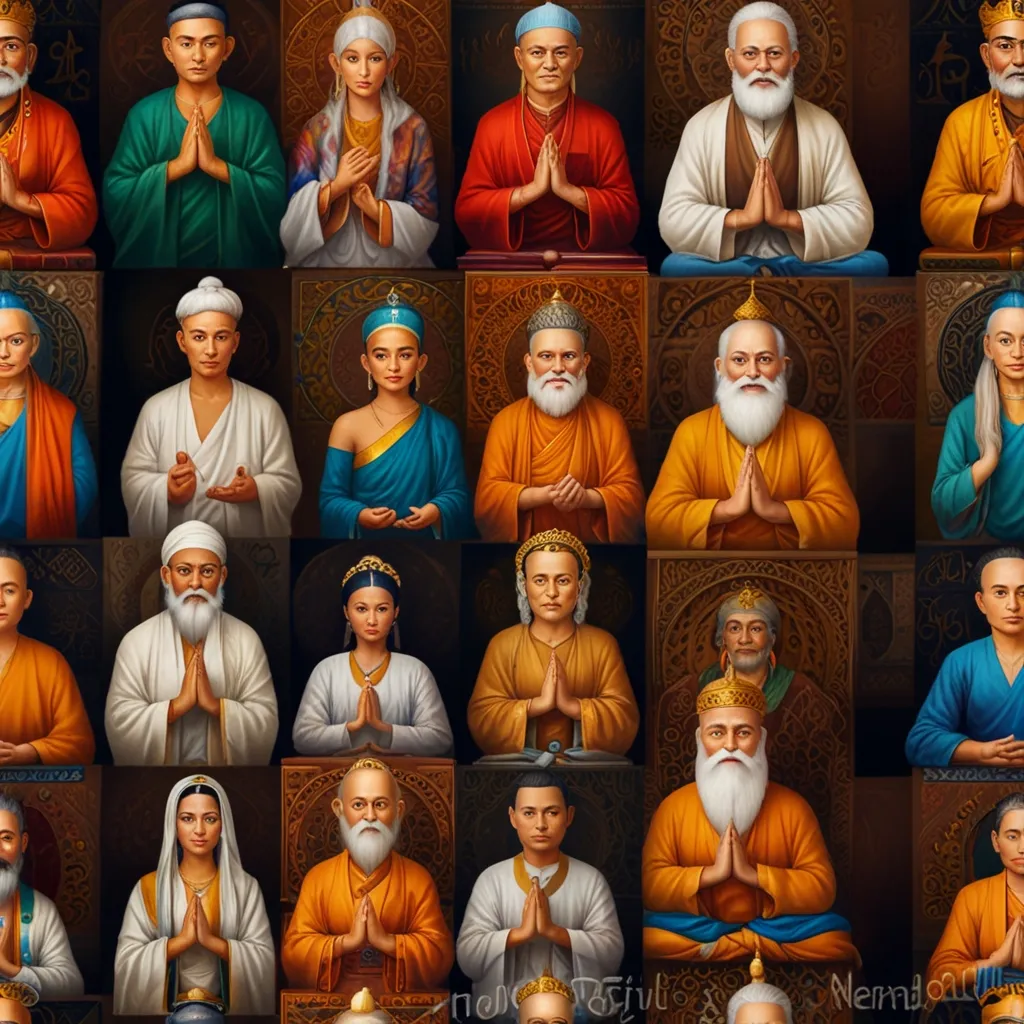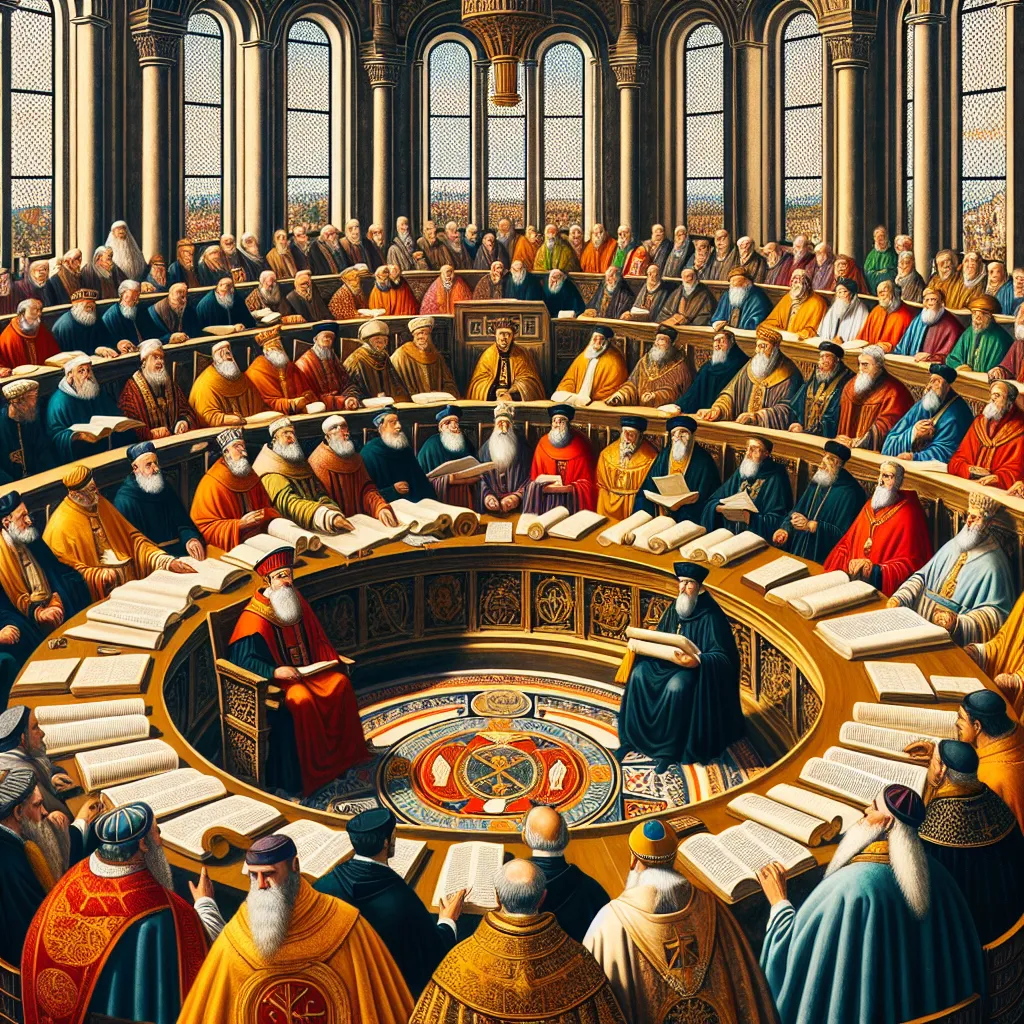Religion weaves a critical thread through human culture, shaping beliefs, behaviors, and societies across the globe. We often split religions into two big groups: Eastern and Western. This split isn’t just about geography but also highlights deep differences in beliefs, practices, and philosophies.
Eastern religions, including Hinduism, Buddhism, Sikhism, Taoism, and Confucianism, started in Asia. They usually see God or the divine as a part of the universe and within each person. Take Hinduism, for example, where Brahman is the ultimate reality that infuses everything. Buddhism, meanwhile, focuses on achieving enlightenment through personal effort and understanding the nature of reality.
Western religions, such as Christianity, Islam, and Judaism, picture God as a separate, supreme being who created and rules the universe. These religions stress the bond between God and humans, often through prophets and holy texts like the Bible and the Quran. Central to these faiths is the belief in a single, all-powerful God who judges human actions.
The concept of the afterlife also varies greatly. Western religions typically believe in an afterlife where souls go to heaven or hell based on their earthly deeds. In Christianity, salvation comes through faith in Jesus, while in Islam, it’s through submission to Allah and following the Quran.
Eastern religions usually believe in reincarnation. Both Hinduism and Buddhism teach that the soul is reborn based on karma from past lives. The ultimate aim is to break free from this cycle of rebirth, achieving Nirvana or Moksha, merging the soul with the universal consciousness.
Practices and rituals also set these religious groups apart. Western religions often have structured ceremonies like Christian baptisms and the Islamic Hajj pilgrimage, connecting believers to God and marking critical life events.
Eastern religions, although also ritualistic, stress personal practices like meditation, yoga, and mindfulness. These help individuals achieve spiritual enlightenment and find their place in the universe. For example, meditation in Buddhism is pivotal for cultivating mindfulness and wisdom.
Religion significantly influences social norms and behaviors. In the West, religious beliefs often shape moral codes and legal systems. For instance, the Ten Commandments have profoundly affected Western legal frameworks.
In Eastern cultures, religion is enmeshed in daily life and cultural traditions. In India, the caste system has historical roots in Hinduism, while in Japan, Shinto rituals form a key part of national identity.
The educational approaches also differ. Western education systems often encourage questioning and exploring ideas to develop personal faith and understanding. In contrast, Eastern education, particularly in China and Japan, emphasizes hard work and discipline. Rooted in Confucian values, this approach values respect for authority and tradition, believing diligent effort leads to academic and personal success.
In essence, Eastern and Western religions showcase profound differences yet share common goals like promoting moral behavior and providing a sense of community. Understanding these differences enriches our appreciation for the world’s religious diversity and fosters respect and tolerance among various faiths.






